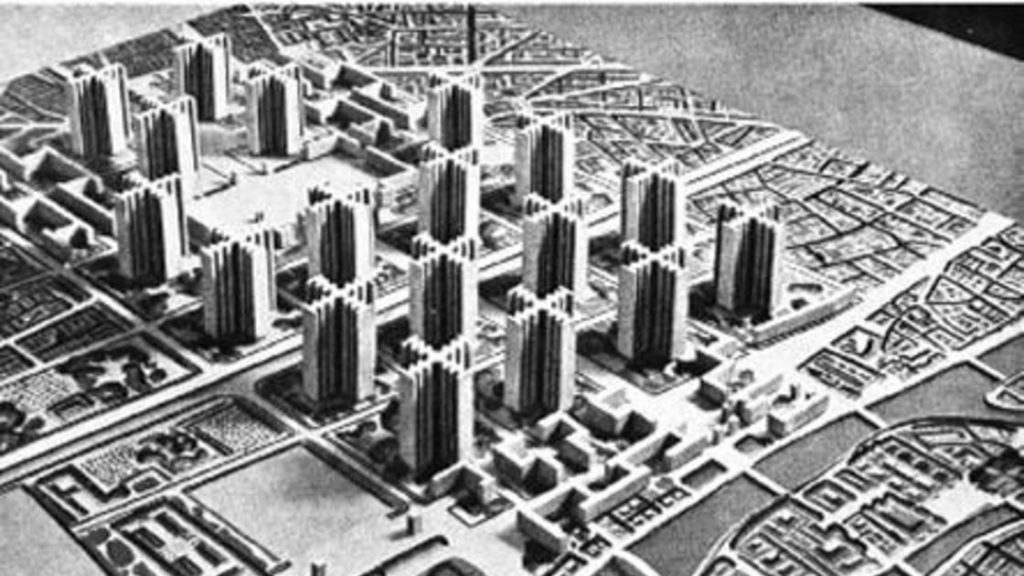
Regeneration and disconnection
Apologies for a very UK-centric post, international readers, please get me on @alouneou to clarify any too-obscure UK references.
I live in Brixton. Prior to this, I lived in Norbury, and before that, from the age of 6 months, (the age I moved over from West Palm Beach FLA – yes I am technically American) I grew up in Streatham. Barring an intervening three years in a second string British city for university, I have spent my entire life in London, a city which completely skews ones view of the British Isles (here), but also one of the most multicultural, amorphous, evolving places in the world. Urban renewal has done London well- the city arguably could have become a donut by the end of the 80s- save for the City of London itself, but investment in the 90s gave London another chance. Inner city areas that were once no-go areas have become desirable places to live. But this economic narrative isn’t what this post is concerned with.
I suppose this is the point where I set out my stall, and possibly make what could be seen as an incredibly awkward conversation. For the record I am of mixed descent (or for our American audience Anglo-Jamaico-scottish-Irish-Puerto-Costa-Arawak-Londonish) so in some ways, and probably wrongly so, it partially absolves me of the the misconstruction that some may build of this.
I was going for lunch one afternoon in Brixton Market, where a previously derelict section has turned into a vibrant, multi-use commercial space, thanks to London’s largest renewal project, initially kickstarted by Spacemakers. Craft shops, artists and photographers and designers studios and a lot of very cheap, very very good restaurants have sprung up, and in the last year, you can see the Saturday afternoon North London ‘tourists’ down to check the place out.
This is undoubtedly a good thing. But a group of three guys, two black and one white came walking through while I was having lunch, and one of them turned round and shouted, part to his friends, part to himself, and part to those of us around ‘Where have all the black people gone- I thought this was Brixton. What the fuck?’ And in fairness, he had a point of sorts…
Brixton was, along with Notting Hill (!) one of the areas in the 50s and 60s that the Black community settled in. In 1981, it was the first place on mainland Britain to have petrolbombs thrown during the riots against police oppression of the community, and it has always been an important touchstone for black Britain. Yet almost all of those dining and milling around were white middle class. My first reply would be that the businesses were run by the local community, of all colours, and in a proportion far more reflective of the community. But why wasn’t this regeneration of the market being used by all the residents, rather than the new influx of those from Mosaic’s ‘Urban Intelligence’ section of the population. It wasn’t cost- It isn’t expensive. To eat at most of these places costs the same as a chicken based meal from a reputable ( or disreputable) outlet. Even if you prefer takeaway, surely you want to try something new?
Apparently not is the answer. And I think of our exasperated individual in the market’s question should have been ‘where are all the less socio-economically well off people?’ There is a serious fallacy in the idea of social mobility if we have a culture where, though the museums are free, it is primarily the middle classes who benefit. Or where you can get a 5 poundtheatre ticket to see world-class actors at the NT, but still, every time I go, the audience is the same combination of 50-somethings and drama-school kids. This is a theatre that sits in Lambeth, one of London’s most deprived boroughs. What are we doing to make sure we don’t just make sure doors are open, but that people want to, and feel they can, walk through? If we don’t, we are going to have an uneasy detente with areas like Brixton, or Hackney, or Shepherds Bush or any other place where we are seeing a migration by young professionals back to these lively, gritty, vibrant urban centres, and one that could flare up as we face a long hard grind out of this recession. We are being told that London is a world-leading cultural hub, I just hope it can be that way for everyone.